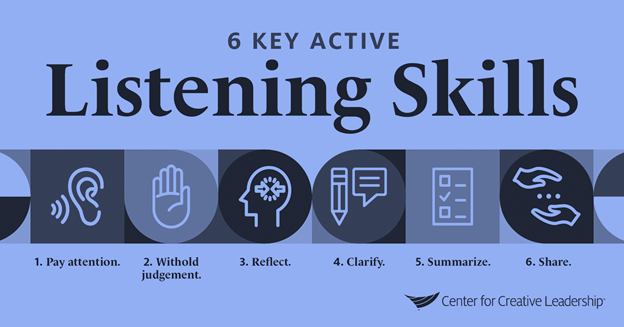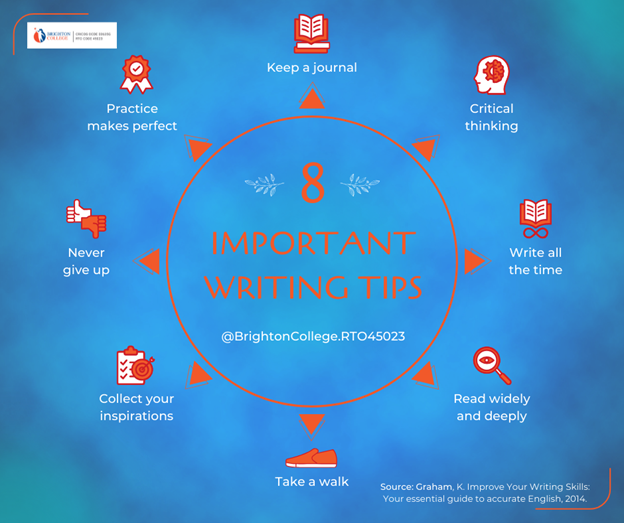Whether it’s refining grammar, improving writing skills, or expanding vocabulary, our guidance is tailored to support your academic goals. Embrace these strategies to unlock your potential and excel in academic English.
1/ Read Widely and Actively
Expand your vocabulary and comprehension skills by reading a variety of academic texts, including articles, journals, and research papers. Practice active reading techniques such as highlighting key points, taking notes, and summarizing content to enhance understanding and retention.
2/ Write Regularly and Reflectively
Sharpen your writing skills through regular practice and reflection. Set aside time to write essays, reports, and reflections on academic topics, focusing on clarity, coherence, and critical analysis. Seek feedback from instructors or your classmates to identify areas for improvement and refine your writing style.
3/ Listen Attentively and Take Notes
Develop your listening skills by actively engaging with academic lectures, presentations, and discussions. Practice active listening techniques such as taking detailed notes, summarizing main ideas, and asking clarifying questions. Review and revise your notes regularly to help you understand and remember better.

4/ Boost Confidence in Speaking
Improve your English-speaking skills by joining academic discussions, debates, and presentations. Practice expressing your ideas clearly and convincingly with correct vocabulary and grammar. Take every opportunity to talk with peers or instructors to enhance fluency and communication skills.
5/ Seek Feedback and Continuous Improvement
Adopt a mindset that focuses on growth and actively ask for feedback on your academic English abilities. Seek advice from teachers, tutors, or language partners, and use their helpful suggestions to recognize areas where you can improve. Establish clear goals and keep an eye on your progress over time to see how you’re improving and to celebrate your accomplishments.
6/ Enroll in an English class and approach your studies with dedication
It’s understandable when balancing work, study, and personal responsibilities challenge to our English study goals. However, several English classes are designed to accommodate modern lifestyles. You can select from a range of class times, such as mornings, afternoons, evenings, and weekends, to seamlessly fit your schedule. Just one thing you should remember is to take control of your academic journey and unlock your full potential.
Read more:
Why Academic English is important before higher education?
50 English vocabularies you must learn for studying higher education.



